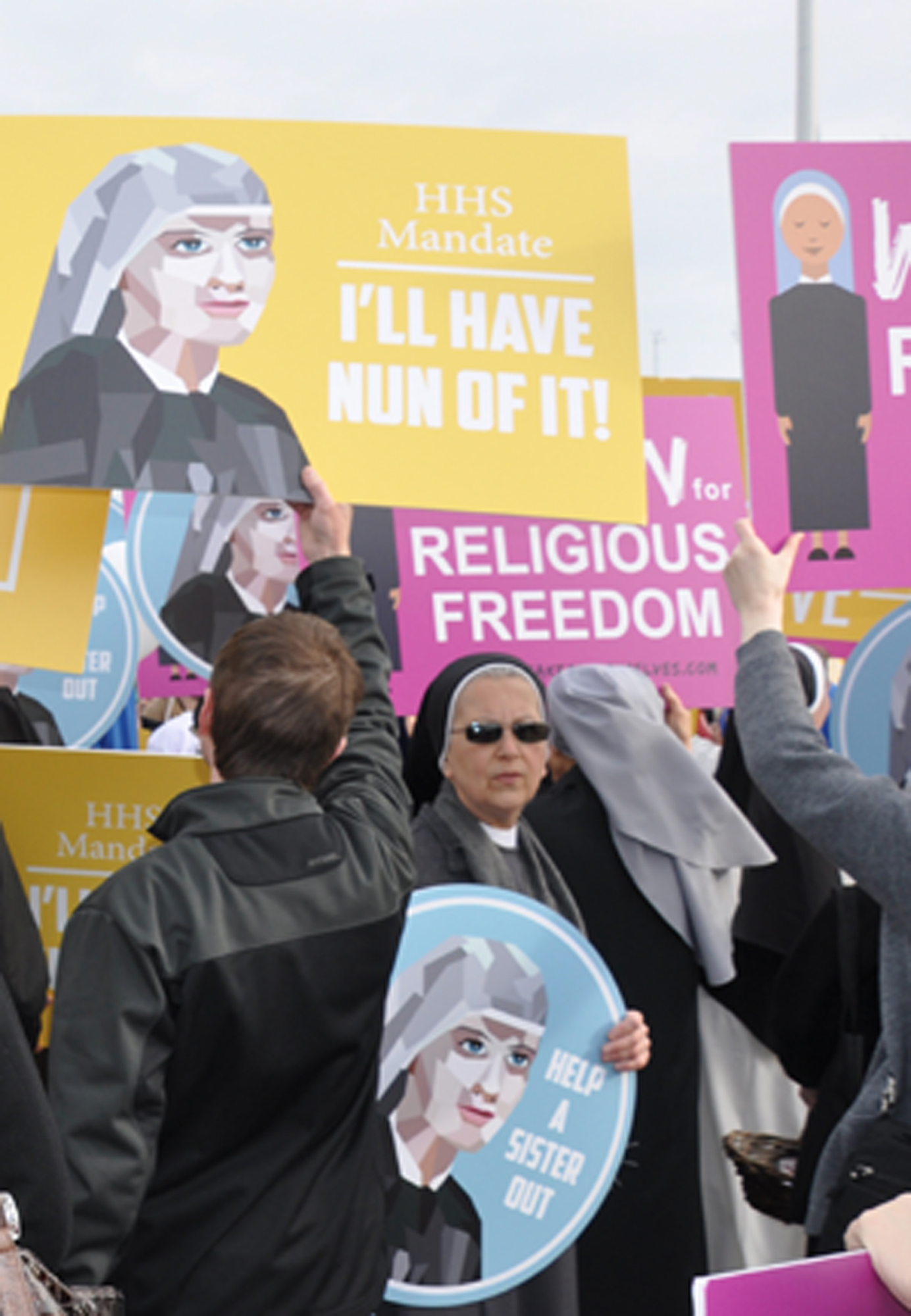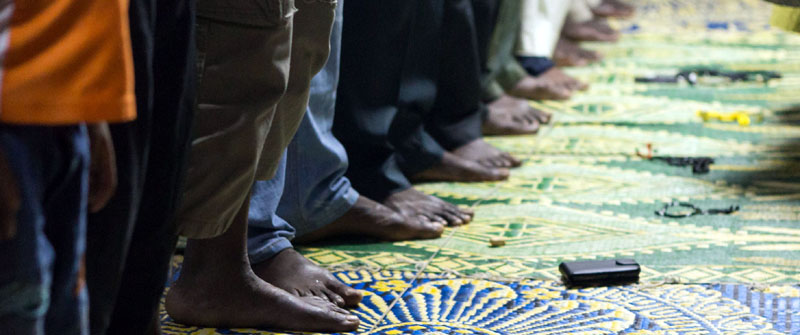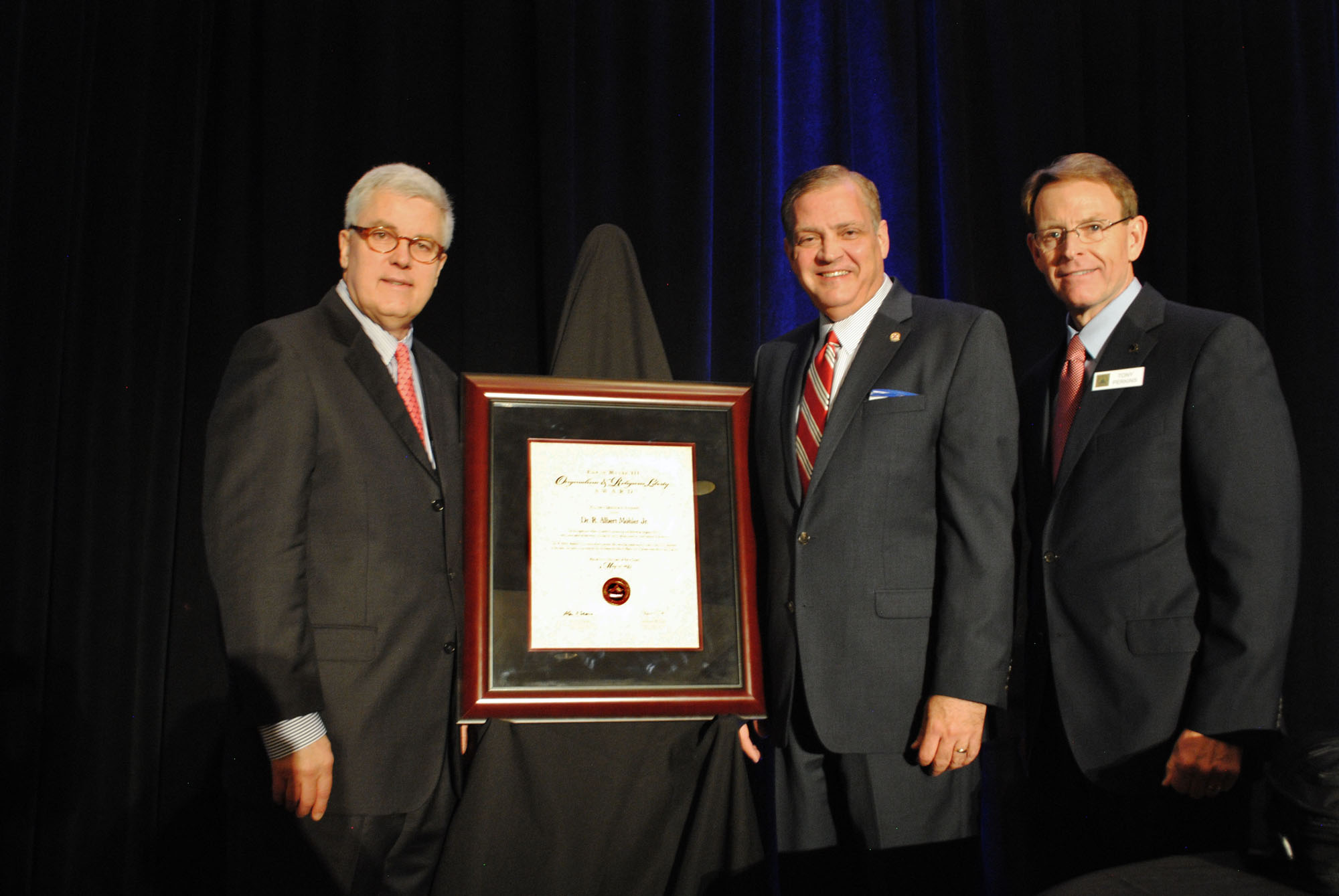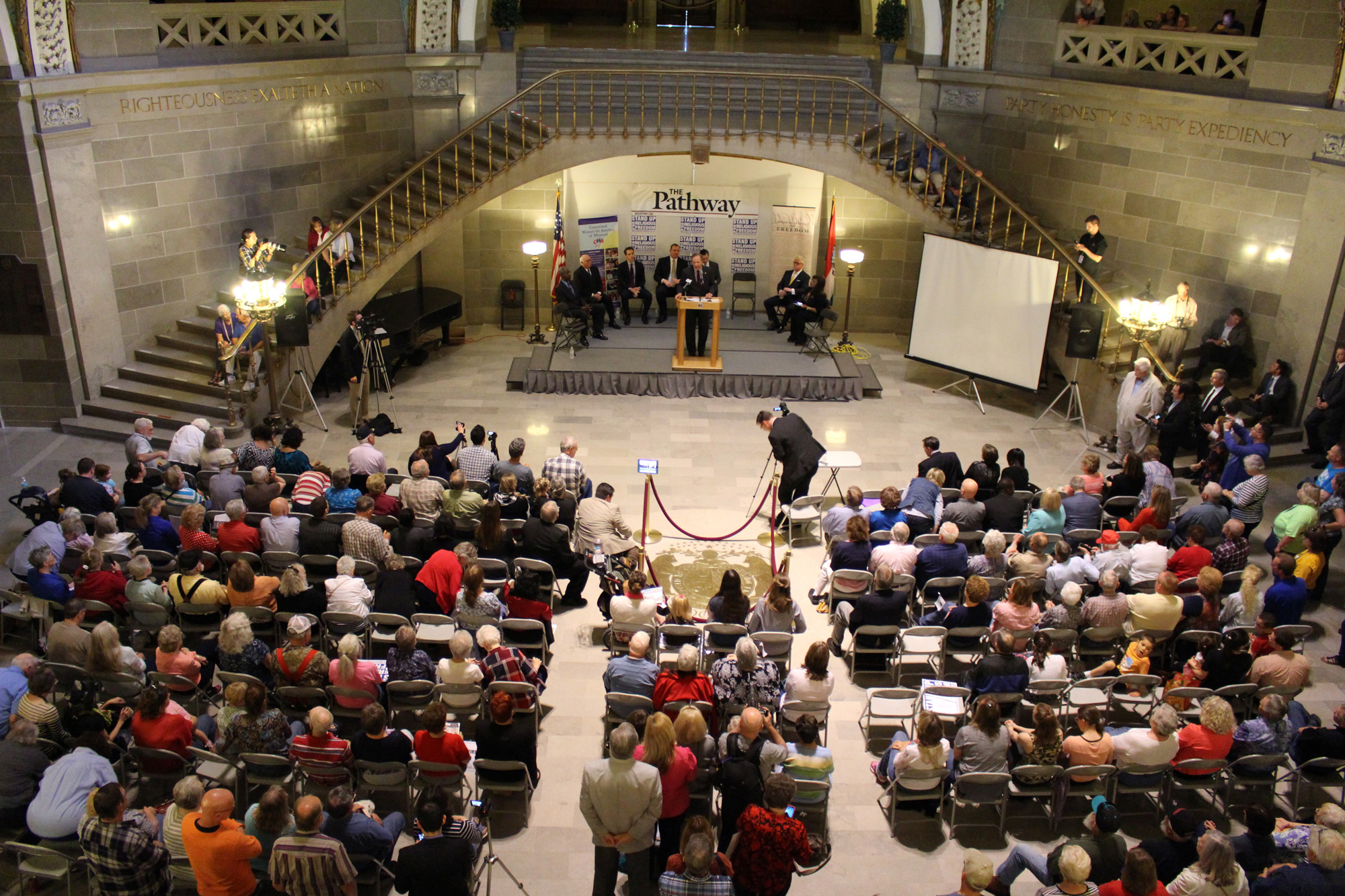
ATLANTA (BP) — Georgia Gov. Nathan Deal’s veto of a religious liberty bill March 28 has provoked a stream of responses from social conservatives.
Despite a Clout Research poll indicating two-thirds of Georgians supported House Bill 757 — the Free Exercise Protection Act — the measure fell just short of a veto-proof majority in each chamber of the Georgia General Assembly.
The bill combined elements of a Religious Freedom Restoration Act, a First Amendment Defense Act and a Pastor Protection Act.
The consensus among conservative commentators seemed to be the bill lacked protection for wedding service providers like bakers and florists. But Mike Griffin, public affairs representative for the Georgia Baptist Mission Board, told Baptist Press previously that a section stipulating no individual would be forced to participate in a same-sex wedding may have been applicable to for-profit businesses.
In the veto’s aftermath, evangelicals offered a variety of arguments and analyses.
Gerald Harris, editor of Georgia Baptists’ Christian Index newsjournal, said the veto appeared to belie Deal’s claim, “I do not respond well to insults or threats.” Deal squelched the bill, Harris noted, after the NFL, movie production companies, Apple, Intel and others threatened to withdraw business from Georgia if the measure became law.
The NFL suggested enacting the bill could cause Atlanta to be dropped from consideration to host the 2019 or 2020 Super Bowl in favor of New Orleans, Tampa or Miami.
“The argument that Atlanta could lose out to cities in Florida and Louisiana because of a religious liberty bill is ludicrous,” Harris wrote in a March 30 editorial, “because those two states already passed similar legislation. Furthermore, Houston, Texas, where a bill very much like HB 757 has also been passed, will host the 2017 Super Bowl.”
Claims that other businesses would have stayed away from Georgia or moved their operations elsewhere were similarly ludicrous, Harris wrote. He noted that auto manufacturer Volvo opened its first U.S. plant in South Carolina even though the Palmetto State has adopted a religious liberty bill.
If Disney were serious about its threat to suspend the filming of movies in Georgia, Harris wrote, it would have moved its theme parks out of Florida because of the religious liberty law there.
Josh Wester and Andrew Walker of the Ethics & Religious Liberty Commission argued Deal was incorrect in his claim the First Amendment is the only religious liberty protection same-sex marriage opponents need.
“Governor Deal characterized the efforts of religious conservatives to secure guarantees for constitutional freedoms as unnecessary and misguided,” Wester and Walker wrote in an article posted on erlc.com, a characterization “apparently at odds with President Bill Clinton, who signed a similar federal bill into law, and the ACLU, which supported its passage in the 1990s.”
They added, “The threat to religious freedom is real, not imagined. In failing to enact this bill, Governor Deal has worked to further isolate, alienate and stigmatize the millions of citizens with a religious belief about marriage. In passing H.B. 757, legislators in Georgia took a meaningful step toward safeguarding religious freedom, but unfortunately the effort was upended by Governor Deal’s decision to veto.”
BreakPoint Radio co-host John Stonestreet said secularists and liberal activists long have sought to reduce religious liberty, which pertains to an individual’s right to practice his or her faith in every sphere of life, to “freedom of worship,” which he defined as “the freedom to believe what you want in the privacy of your own mind, and maybe inside the doors of your house of worship.”
Deal’s veto demonstrates that even the “neutered, watered-down” notion of freedom of worship is under assault — since the bill focuses on ministers, churches and faith-based organizations rather than business owners, Stonestreet wrote in March 30 BreakPoint commentary.
“The Georgia governor’s words and actions this week prove just how far that redefining of religious freedom has gone,” Stonestreet wrote. “Apparently, not even pastors should be able to hold religious convictions that violate the new orthodoxies our culture has embraced.
“Folks, this is a ‘culture-moment check,'” Stonestreet continued. “We may not like where we are as a society, but it’s where we are as a society. We haven’t often had to choose between God and Caesar in our lives, but we’d better decide now where we stand.”
National Review columnist David French said Deal’s “capitulation” to the demands of companies like Apple and Disney illustrates why Republican voters are rejecting the “Republican establishment” in GOP presidential primaries in favor of Donald Trump and Ted Cruz.
“These giant multinationals,” French wrote, “which invest billions in nations that systematically suppress human freedom, have the gall to engage in crowd-pleasing moral posturing against the very notion that Christian college students can form their own clubs or that a Christian employee can keep his faith and his job. They defend their own right to a corporate conscience, while attempting to suppress the religious conscience even of faith-based employers. Pitiful.
“And experts wonder why the Republican establishment is now in full retreat, facing the wrath of the grassroots. Again and again, when GOP politicians face a choice between the people who put them in office and pressure from progressive corporations and the progressive media, the politicians back the social-justice warriors” on the left, French wrote.
Jim Galloway of the Atlanta Journal-Constitution argued Deal’s veto illustrates one aspect of the difference between moderate and conservative Southern Baptists.
Galloway noted Deal aligns with the former group and is a member of First Baptist Church in Gainesville, Ga., which is listed on the Georgia Cooperative Baptist Fellowship website as a congregation that contributes financially to CBF, a fellowship of churches that object to the Southern Baptist Convention’s Conservative Resurgence. First Baptist also cooperates with the SBC.
Among traditional moderate beliefs, Galloway wrote, is “a detached attitude toward government and political activity” and advocacy of strict separation between church and state. Southern Baptist conservatives tend to be more active in political engagement, he argued.
Galloway quoted First Baptist pastor Bill Coates as saying, “My perception is that the great majority of our congregants are very supportive of Governor Deal’s veto of this bill — primarily for two reasons. First, we hold to the strong historical [sic] Baptist principle of separation of church and state. The second is personal: We know Nathan Deal the man, the strong Christian who has held numerous positions of leadership and influence in this church and who worships faithfully.”
The SBC’s Baptist Faith and Message, article XVII, states, “Church and state should be separate.” But it goes on to explain, “The state has no right to impose penalties for religious opinions of any kind,” and, “A free church in a free state … implies … the right to form and propagate opinions in the sphere of religion without interference by the civil power.”
If legislators opt to override Deal’s veto, they may do so either during a special session of the legislature, which requires a three-fifths vote to convene, or during the 2017 legislative session.



















